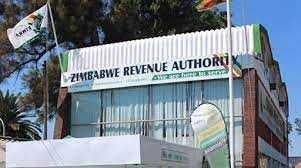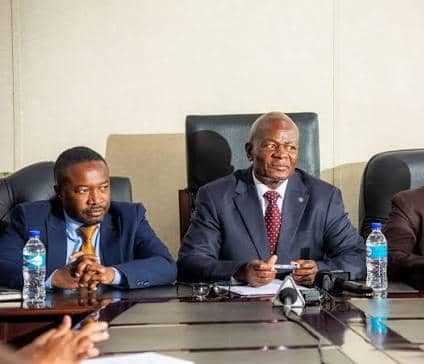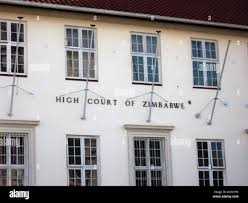
Audrey Galawu
The Zimbabwe Environmental Lawyers Association has said government must step up on transparency and accountability of tax expenditures.
ZELA said the general trend has been that, despite huge impacts on tax revenue mobilisation for financing economic development, tax incentives, which result in tax expenditures and revenue forgone are not fully and transparently accounted for in the national budget.
This follows Zimra’s 2022 annual report which saw an increase in tax incentives which stood at ZWL$1.6 trillion compared to ZWL$388.38 billion in 2021.
ZELA said the current transparency and accountability landscape for tax expenditures fails to meet the bar.
“The efforts being made by Zimra to consistently provide tax expenditure figures in its annual reports are commendable. However, the key gap is that there is no compilation of a full Tax Expenditure report that shows disaggregated estimates of tax expenditures by tax heads, policy goals, beneficiaries, and social impacts that can be tabled before parliament as part of the national budget transparency process.
“The information that is currently being disclosed is failing to meet the bar in terms of facilitating Parliament’s monitoring and oversight roles on the social and economic impacts of tax expenditures, informing the design of effective tax regimes, and enhancing transparency and accountability on national tax expenditures.
“The current transparency and accountability framework for tax expenditures in the national budget suffers not only from a lack of comprehensiveness in terms of coverage of tax incentives but also from non-consistency. For example, the focus of the two National Budgets that reported on revenue forgone in the last 5 years, namely the national budgets of 2019 and 2022, was on rebates and tax concessions for goods and capital equipment imports, yet Zimra has information on revenue forgone facilitated by trade agreements such as Double Taxation Agreements.
Related Stories
ZELA said the revenue foregone was from exempt supplies, zero-rated supplies, rebates, suspensions, and trade agreements. In 2020, the amount of revenue forgone through tax expenditures was ZWL$111.55 billion.
The annual revenue figures for 2020, 2021, and 2022 stood at ZWL$181.95 billion, ZWL$463.57 billion, and ZWL$1.9 trillion, respectively.
These figures represent the ratios of tax expenditure to total tax revenue of 61.3%, 83.8%, and 84% in 2020, 2021, and 2022, respectively.
ZELA recommended that the Ministry of Finance and Investment Promotion must amend the Public Finance Management Act and align it with the constitution and the SADC model alw on tax reporting.
The association said the PFMA Bill must include specific clauses to allow for the development of a full tax expenditure report as part of the budget proposal or a statement that is released before public hearings on the budget formulation are conducted.
"The Act must be amended to include provisions that provide acces to information on beneficial tax incentives, the goal of tax expenditures, and the periodic evaluation of tax expenditures.
"The Parliamentary portfolio Xommitt on Budget and Finance to be constituted in the 10th Parliament must request treasury for the development and public disclosure of the tax expenditure report focusing on the 2024 National Budget cycle.
"The treasury and Zimra must adopt lofty standards in reporting on tax reporting by making sure that estimates of tax expenditures include reve foregone from all tax incentives on a disagregated," ZELA added.


















Leave Comments